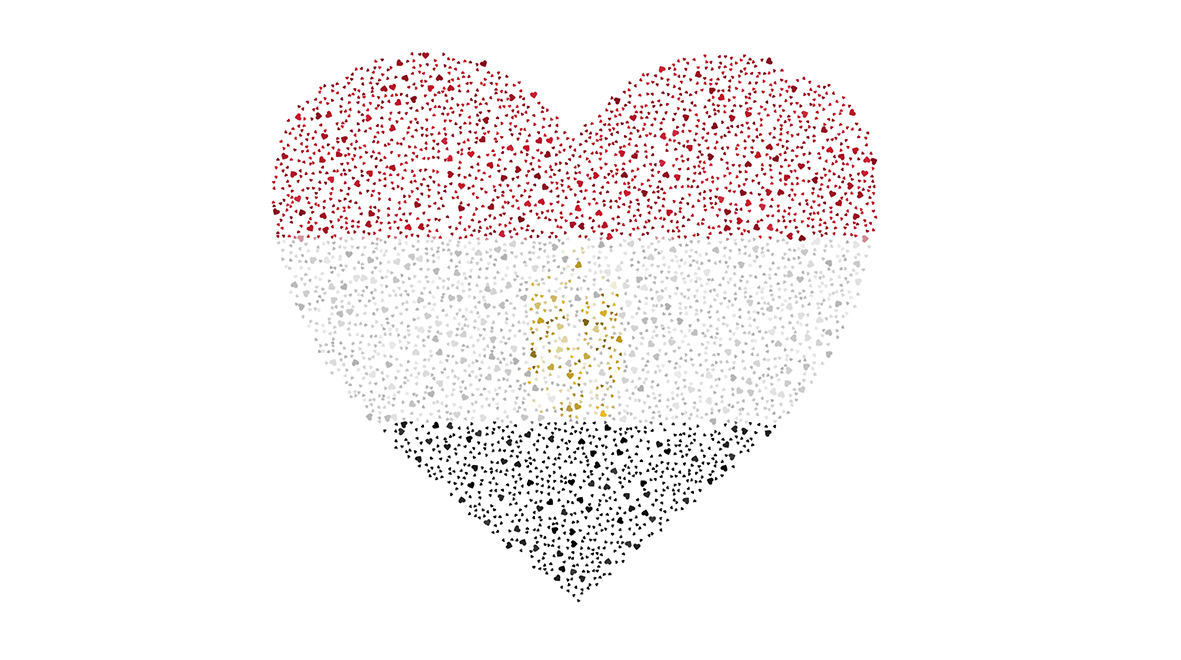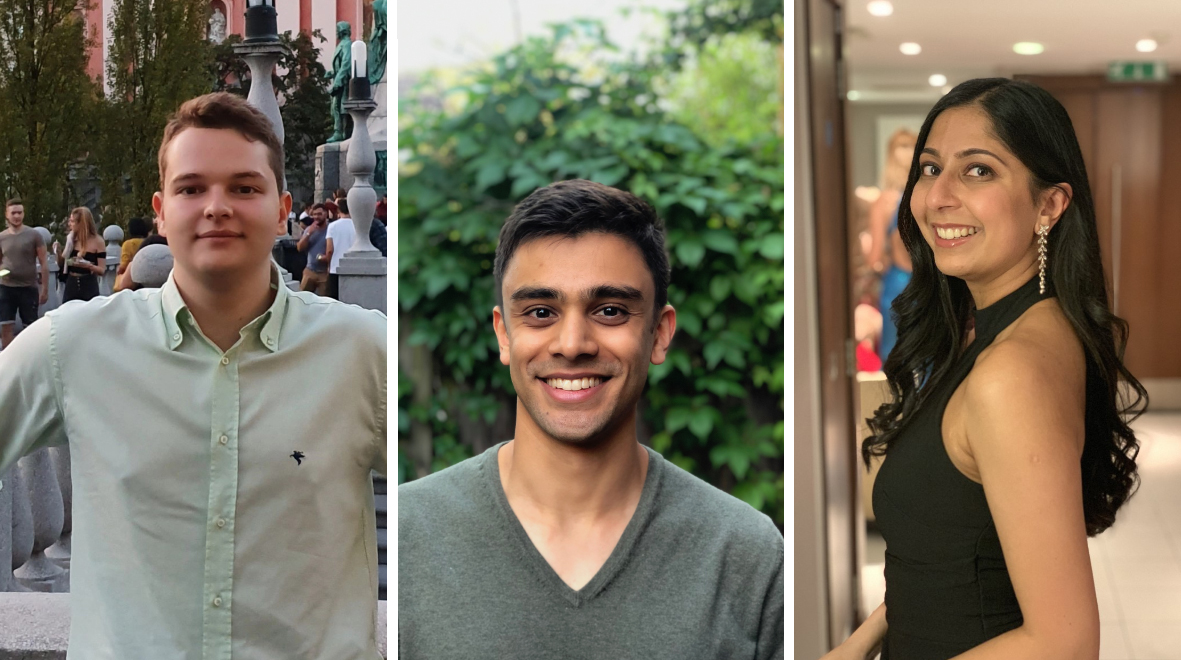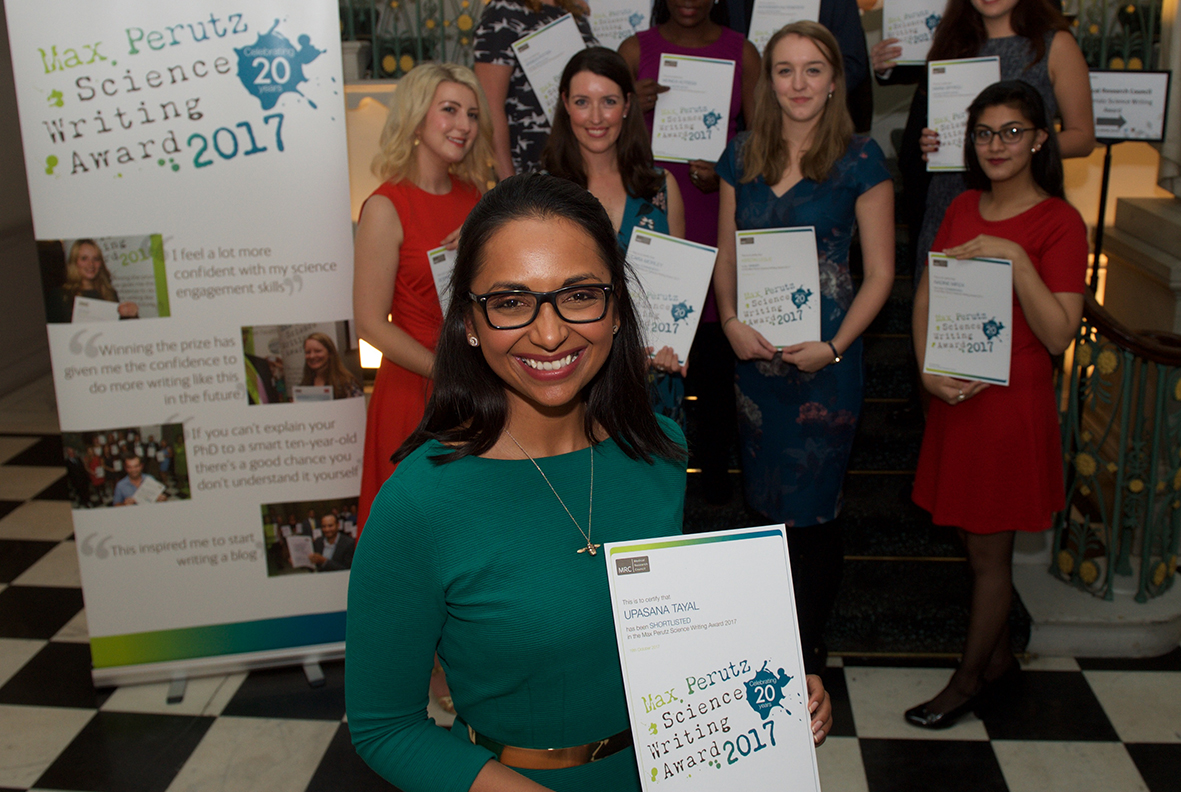Cracking the genetic code of cardiomyopathy in Egyptians

In the post, PhD student Mona Allouba, calls for a better understanding of the genetics of Egyptians in a bid for personalised treatments for cardiomyopathy patients
Over the past decade, several institutions in Egypt have been making huge scientific progress that is steadily reaching worldwide recognition. It is under these circumstances that I have been fortunate to join the Magdi Yacoub Foundation (MYF), which is recognised as one of Egypt’s most prominent charity organisations. The Aswan Heart Centre – located along the banks of the Nile in Aswan – is an integral part of MYF, offering state-of-the-art medical services for the underprivileged. It focuses on expanding the research on heart disease across the Middle East and beyond to contribute to the world’s scientific knowledge. (more…)

 Many researchers study a particular disease because they have a personal connection to someone who has been affected. For researcher Dr Nicky Whiffin, it happened in reverse.
Many researchers study a particular disease because they have a personal connection to someone who has been affected. For researcher Dr Nicky Whiffin, it happened in reverse.
